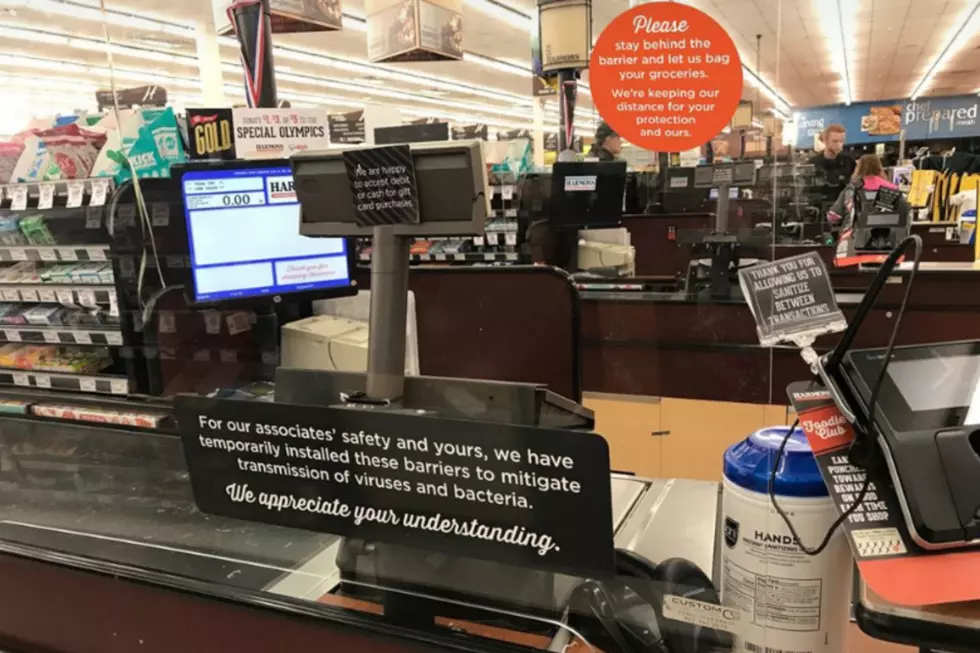
50 Jobs That May Not Exist in the Future
The American economy sits on the verge of major structural change, thanks to a dynamic culture of innovation driven by the never-ending search for greater profits. This means technology takes center stage in nearly every industry—and that every industry is rapidly changing.
The technology that makes our jobs easier may soon make some jobs scarce. In 1950, the job of elevator operator was among the 270 careers listed on the United States Census. That job title is now extinct, representing the only known case of an entire occupation being obliterated by automation in the 50 years that followed. The next half-century may be less forgiving.
Sophisticated software, robotics, automation, artificial intelligence (AI), and changing trends threaten the livelihoods of everyone from taxi drivers and restaurant servers to computer programmers and librarians. Many economists predict that automation, not outsourcing, will lead to the loss of more than 1.5 million jobs in America’s manufacturing sector. These technical innovations will soon render many longstanding skills and trades obsolete—and the occupational grim reaper will discriminate according to class.
Many of the jobs most likely to disappear are among the last well-paying jobs one can get with only a high school diploma. Low-paying, unskilled jobs with low educational entry barriers are most susceptible to automation. These are the jobs that robots will do. Manufacturing will require greater technical skills to operate and program computers. The actual manual work will go the way of the dodo. Those who lose their jobs will largely be shut out of the high-paying, highly skilled jobs that remain, many of which will go to specialists tasked with tending to and improving upon the very machines and programs that replaced the human workers.
Here's a look at high-risk careers that will probably wilt over the next 50 years.
50 Jobs That May Not Exist in the Future
More From 94.9 WHOM









